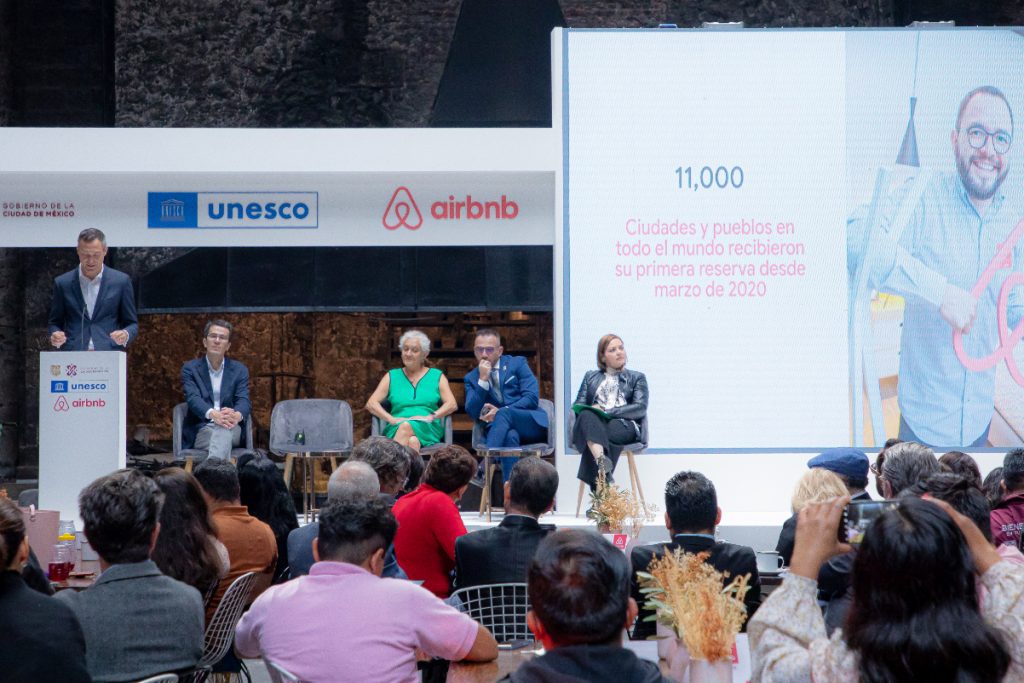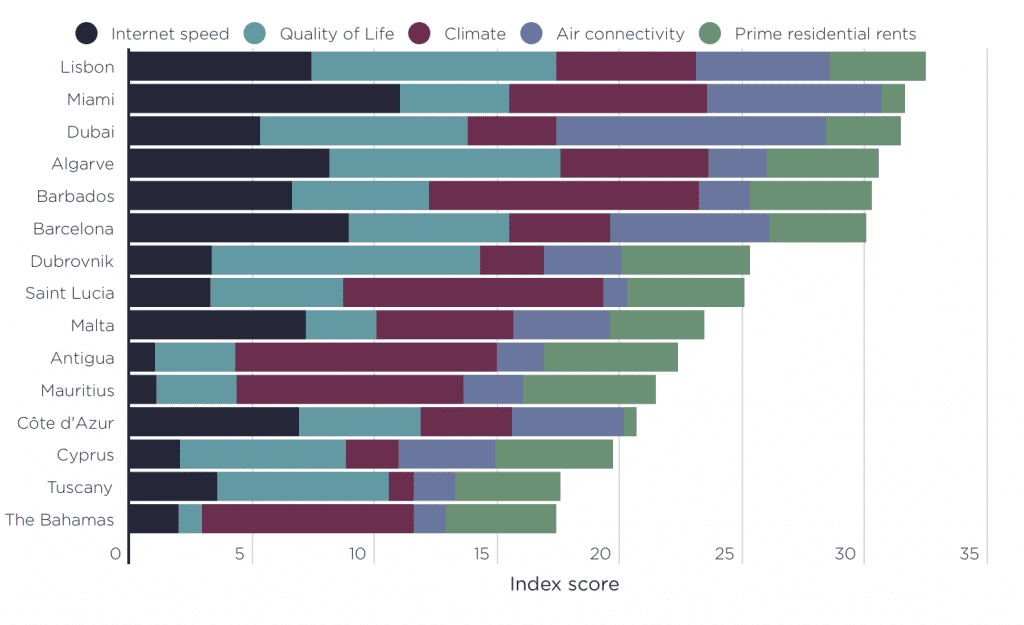Online travel agent Hostelworld is predicting a return to profit by the end of this year, thanks in part to its app’s new social networking feature, which it launched in April.
The company struggled through the pandemic, which shut down large parts of core market Asia, as backpackers avoided hostel dormitories. In 2021 it reported a loss of $36.7 million in 2021.
But in a trading update on Oct. 12, it said it was well positioned for “profitable growth” after a new social strategy produced more sales, and lowered marketing costs.
“Since launching our innovative and differentiated social network strategy earlier this year, we have seen strong growth week over week in the number of customers signing up to our app based social platform when they make a booking with us,” the company said.
In particular its “Solo System” helps solo travelers meet other guests. As of the end of September, almost 50 percent of all its customers had signed up to the platform, driving a significant increase in the volume of bookings.
Bookings in September reached 83 percent of 2019 levels, and were also boosted by the continuing recovery of Asia and Oceania regions, which were now at 70 percent of 2019 levels, up from 43 percent in June, Hostelworld said.
Net revenue in September reached 104 percent of 2019 levels.
“Social strategy is delivering margin growth well ahead of expectations, with marketing as a percentage of net revenue expected to improve from 70 percent in the first half to approximately 55 percent in the second half,” it added.
It now expects to end the year “modestly EBITDA (earnings before interest, taxes, depreciation and amortization) positive and with a stronger cash position than originally expected.”
“I am very pleased with the positive trends we are seeing from our innovative ‘Social’ strategy which is driving more customers to use our apps, and reduced marketing as a percentage of net revenue,” said group CEO Gary Morrison.
“Socializing” a travel booking app has also worked for Hopper. Speaking at Skift Global Forum in September, CEO Frederic Lalonde said the company had slashed its marketing spend, after becoming TikTok’s biggest spender on advertising in 2021 in the U.S.
“Today, our paid spend is almost at zero. We are giving the same money we gave to Mark Zuckerberg and TikTok to our customers in the form of tree watering games,” he said.



